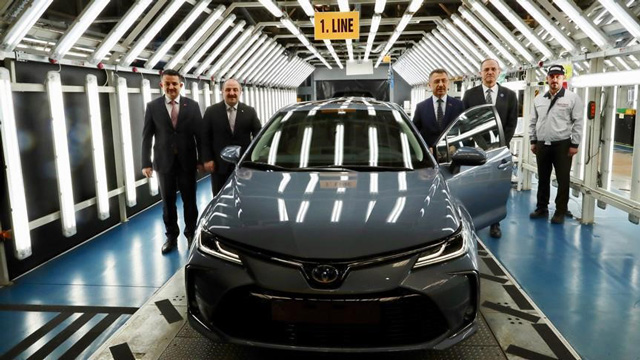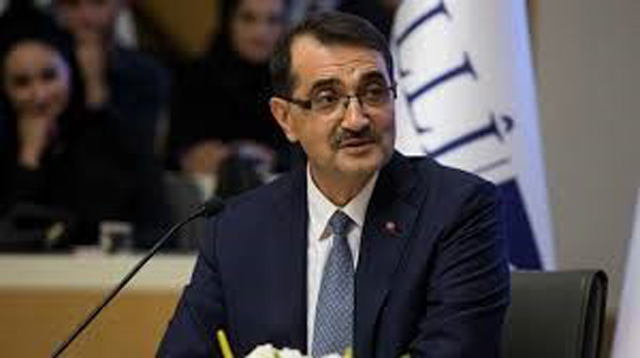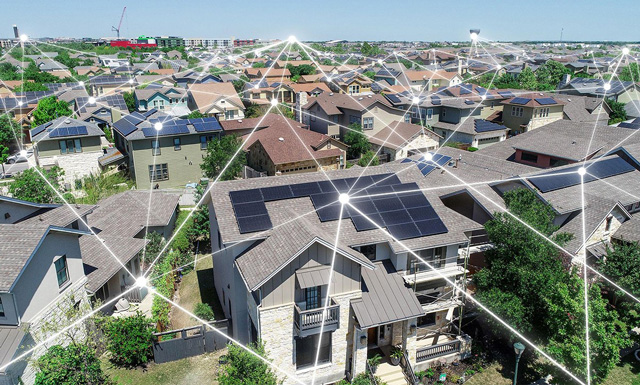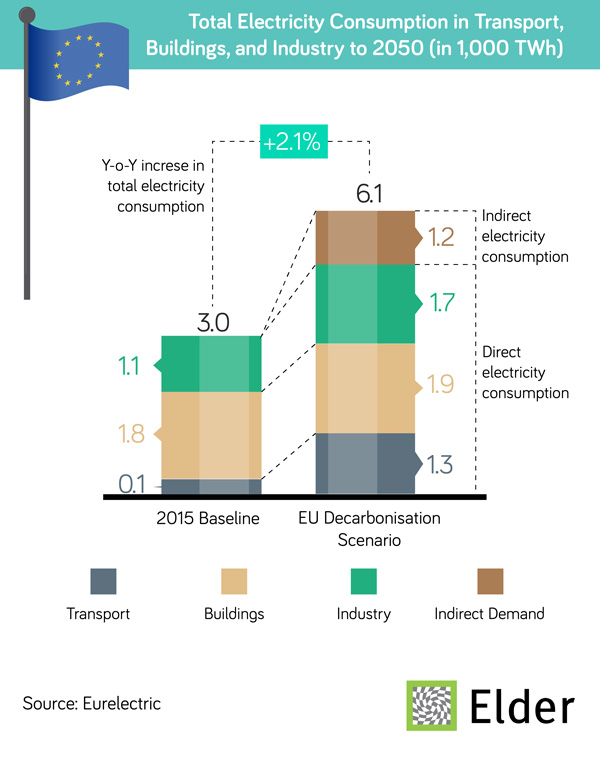
Turkey is determined to boost the sales of hybrid and electric automobiles in the country, Turkey’s vice president said on Monday.
"Developing and using low-consumption, environmentally friendly automobile technologies in our country is vital for us," Fuat Oktay said at the launch ceremony for a new hybrid car by Japanese carmaker Toyota at its plant in Turkey’s Sakarya province.
Oktay said right now the country is at the ground level in terms of sales of hybrid and electric cars.
"Last year, nearly 4,000 hybrid cars and 155 electric cars were sold in Turkey. However, total automobile sales totaled nearly half a million," Oktay said.
Over 486,000 automobiles were sold in Turkey in 2018, down 33 percent from a year earlier, according to the Automotive Distributors' Association (ODD).
Oktay said the new hybrid car's production in Turkey is an important landmark in this field.
He said the government provides considerable tax advantages such as up to 50 percent tax reduction to encourage hybrid car production.
Johan van Zyl, the CEO of Toyota Motor Europe, said the company has produced more than 2.4 million cars since it started production in Turkey.
Zyl also said Toyota has invested over €1.8 billion (around $2.5 billion) in its production operations in Turkey.
Telling how the company started producing its first Turkish-made seventh-generation Corollas in 1994, Zyl said they are proud of launching the 2019 Corolla Saloon Hybrid, the model's 12th generation.
Toshihiko Kudo, the CEO of Toyota Motor Manufacturing Turkey, said they are pleased to contribute to Turkey's successful economy via production, exports, investments, and employment.
In October 2016 Toyota Turkey launched its first hybrid vehicle, the C-HR -- a sport utility vehicle (SUV) -- in Turkey.
On Monday, before the ceremony, Oktay bid a group of researchers farewell for their five-week expedition to Antarctica.
"This year we will be establishing a temporary base in this expedition. Our next target is to establish a permanent base," Oktay said.
Turkey aims to be a consultative party in the Antarctic Treaty, as it currently has observer status, he said.
Turkey’s third national scientific expedition to Antarctica will begin on Tuesday to set up a national base for scientific research on the coldest continent on earth.
The expedition will carry out total 13 national and international scientific projects in several fields during its 30-day mission.
A total of 25 people, including 17 Turkish and eight foreign participants, will take part in the expedition. A team from Anadolu Agency will be with them to cover the scientific research on the ground.
Source: AA

Turkey’s Energy and Natural Resources Minister Fatih Dönmez said that Turkey’s electricity transmission and distribution sectors have an average cost of 27 billion Turkish Lira annually.
He said that 9,5 billion Turkish Lira of the total amount is invested in transmission and distribution infrastructure.
Dönmez said the operation management costs of transmission and distribution create around 17,5 billion Turkish Lira per year.
He said the growing grid necessitates that amount of investment.
Dönmez also gave the numbers that Turkey has a length of 1,420,000 kilometers length in transmission and distribution grid.
Turkish Electricity Transmission Company, TEIAS, a general directorate of the ministry, is responsible for the transmission investments and operation management costs while 21 private sector distribution company supply consumers with electricity.
Source: CNN Türk

Turkey’s Association of Electricity Distribution System Operators (ELDER) plans to draw a road map for occupational health and safety in electricity distribution sector and is going to receive a grant from European Bank for Reconstruction and Development Bank (EBRD) to realize the plan.
ELDER, the umbrella organisation of all electricity distribution companies in Turkey, is going to add a new one to its studies after those in R&D, innovation and vocational qualification..
In that purpose, ELDER granted a fund from EBRD to create awareness in occupational health and safety.
ELDER decided to work on this after “Zero Accident Target” vision of Ministry of Family, Labor and Social Services and Energy Market Regulatory Authority.
The umbrella organisation of Turkey’s electricity distribution sector will create a road map analyzing how to reinforce the understanding of occupational health and safety and minimize work accidents.
The study will focus on the root cause analysis and manifest the actions need to be taken under a road map.
Directors from 21 electricity distribution companies responsible for occupational health and safety created “Occupational Health and Safety Working Group” and will hold regular workshops for the project
As a result of the workshops, a new road map including suggestions will be presented. The road map will aim to reduce work accident with precautions and raise mindfulness in that sense.
“We as electricity distribution sector aim to be a model for other sectors for boosting the awareness in occupational health and safety,” ELDER’s Chairman, Serhat Çeçen said.
Electricity distribution sector is among the dangerous jobs, he noted.
“While we provide consumers with uninterrupted energy, we should also turn occupational health and safety into a lifestyle,” Çeçen underlined.
He also explained that the electricity distribution sector invested over 40 million Turkish lira to train qualified personnel and education in last three years.
Çeçen said that the EBRD fund will help realize a new project and the project will be a guiding light in the future not only for the distribution sector but also for other sectors.

Fitch Ratings has affirmed the national long-term ratings of Turkish utilities company Enerjisa Enerji AS. and one of its main electricity distribution subsidiaries, Baskent Elektrik Dagitim AS. at ‘AA with stable outlook.
Enerjisa and Baskent benefit from a majority of regulated earning with 13.6 percent real returns and revenues linked to inflation and visibility until the end of 2020, the Fitch said.
Both companies have limited FX exposure, which in the current Turkish economic environment represents a relative strength compared with many local corporates, according to the ratings company.
“In addition, both companies benefit from cash flow flexibility as capex can be managed within the five years regulatory period. However, we expect slightly increase leverage due to capex and working capital outflow and week coverage reflecting the higher cost of debt. We rate Enerjisa and Baskent on a consolidated basis,” the Fitch Ratings said.
Enerjisa Enerji AS CFO Sascha Bibert said that they will continue their operations to create a long-termed performance for their customers and investors thanks to the company’s solid balance sheets.

This year’s World Economic Forum has delivered on all things smart and future focused with the theme Globalization 4.0.
It’s all about understanding how interconnectedness will impact our society, culture and economy, as well as predicting the pace, scale and direction of change.
Of all the disruptive trends being discussed, here are the top four that will continue to disrupt the utility industry this year:
Smart cities and energy infrastructure
By 2025, 85% of the US population will live in cities and urbanization will continue to accelerate worldwide. Rapid urbanization brings excessive consumption of finite resources, congestion, and operational inefficiencies that can be better managed with smart waste management, route optimization software, intelligent public transport systems, wireless networks, and connected energy-efficient lights.
A 20% reduction in commercial energy usage in the US alone can save $80 billion annually on energy bills.
Investments in electricity generation, grid automation and integration, and advanced lithium-ion battery technology will lead to positive spillover effects in adjacent industries, including electric vehicles, smart cities, and manufacturing. Ultimately, the smart city could be the locus of a broader global industrial boom.
Mobility
Besides looking to autonomous driving to alleviate inefficiency and reduce transportation costs, we will see electric vehicles and hybrid electric vehicles grow to more than 30% by 2030, reducing pollution and global warming.
The nascent and converging factors of autonomous driving, electric vehicles, and personal short-distance aviation are critical to the development of smart cities and will shape the way that people move within and between the cities of the future.
5G and advanced networks
"Fifth Generation Wireless," or 5G, is a new standard for wireless technology that will dramatically improve network speeds while allowing more devices to connect at once. Technologies such as autonomous vehicles, the Internet of Things, augmented reality, and remote surgery will benefit from 5G's decreased latency and higher bandwidth.
Cybersecurity
As digital infrastructure infiltrates all aspects of life cyber-criminals have more to gain than ever before. Companies across all industries have unprecedented access to personal data and information and there is more value stored in digital assets than ever before.
Furthermore, as IT services migrate to the cloud and artificial intelligence and machine learning become more standard, a new security paradigm comes into play, with massive potential to disrupt mission critical infrastructure, such as the national grid.
Source: CNBC

New tools and business models for power distribution system operators (DSO) will be critical for the success of the energy transition. This is the message of today’s Eurelectric conference ‘From pipes to platforms’, calling on Member States and Regulators to speed up the development of fit-for-purpose DSOs when implementing the Clean Energy Package. This process will require clarification of a number of legislative provisions that have been left unclear and uncertain.
11 years from now, the European power sector will look very differently than it does today. By 2030, more than half of all electricity is expected to come from renewable assets and the recently agreed transport legislation will bring more than 40 million electric cars on road in the same period, according to European Commission estimates. At the same time, the amounts of connected electric heat pumps, batteries and other grid edge technologies are expected to rise steeply as well.
These developments will result in a much more decentralized electricity system and require the European power distribution companies to move way beyond their traditional role of ensuring network connection and reliability. A new report published by EY today indicates that the energy transformation may accelerate at even greater pace. The report notably finds that roof-top solar panels are perceived as becoming economically viable as soon as 2025. Demand-side storage, grid connected storage, EV charging infrastructure are also likely to be in the money ahead of 2030, adding to the urgency for DSO transformation.
The Clean Energy Package leaves several provisions concerning the new activities of DSOs open to the national interpretation of Member States and scrutiny of national Regulators. A uniform implementation across Member states is important for companies operating in several countries and regulatory barriers to innovation should be minimized.
“The energy transition is on fast-forward. Distribution companies are the linchpin of the future system, which is more decentral and more interactive. They urgently need the support of regulators and member states to play their role in the new system”, said Kristian Ruby, Secretary General of Eurelectric.
With increased reliance on electricity for transport, heating and other critical consumer services, the DSOs will also be more directly exposed to customers and potentially to public criticism in case of bottlenecks of supply failures.
“DSOs need to change mind-set and realize sizeable investments to draw on the full potential of technological advancements and embed digitalization in network management operations. New functional areas will emerge from such a high magnitude energy transition. European regulators must ensure the right framework is set to incentivize investments and provide market certainty”, added Knud Pedersen Chair of Eurelectric’s Distribution & Market Facilitation Committee.
“Energy transformation in Europe will accelerate at great pace over the next five years. Distribution system operators need to plan for critical adjustments now to create an energy system that is fit for the future”, said EY Global Power & Utilities Advisory Leader, Serge Colle.
Source: Eurelectric
Where Does the Change Start If the Future Is Already Decided?
Distribution system operators must keep pace with the new ways to generate, distribute and consume energy… and become catalysts of these changes.
Decarbonization of Europe’s power sector is achievable by 20451 and will underpin deep decarbonization of the EU economy through electrification. This ambitious objective necessitates, however, substantial investment, innovation in smart grid technology and new business models to improve the functioning of electricity distribution networks
Please click here to read the full report.
Distributech Conference & Exhibition
February 5 -7 / New Orleans
E-world Energy & Water 2019
February 5 – 7 / Germany
10th Energy Efficiency Forum And Exhibition
March 28 – 29 / Turkey
ICSG Istanbul 2019
April 25 – 26 / Turkey
EU Sustainable Energy Week (EUSEW) 2019
June 17 – 21 / Belgium

